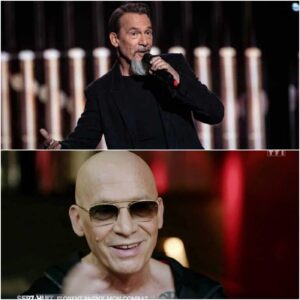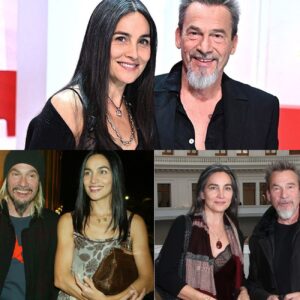
PHOTOS. Florent Pagny : Azucena Caamaño, sa femme et son âme soeur 1/25 PHOTOS. Florent Pagny : retour sur son histoire d’amour avec…

Kendji Girac, “une catastrophe” : il a failli faire rater l’édition 2025 des Enfoirés Vendredi 7 mars 2025, TF1 diffusera le nouveau spectacle…

Né le 8 mars 1996, Inca, le fils aîné de Florent Pagny, est de nature discrète. Alors, lorsque sa sœur Ael publie des…
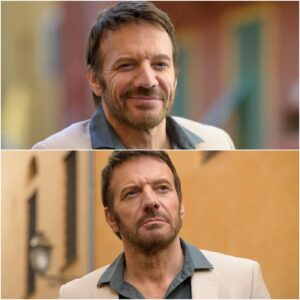
Dans Carpe Diem, Samuel le Bihan incarne un avocat atypique. Une scène de danse dans un épisode a été l’occasion pour le comédien…
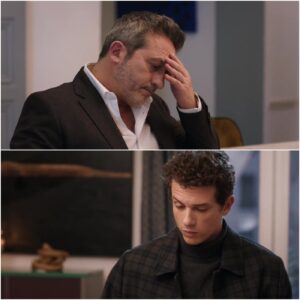
Découvrez le résumé complet de l’épisode 1897 de la série Demain nous appartient avec pausette.fr : Charles informe Victor d’une découverte troublante : Sidonie…
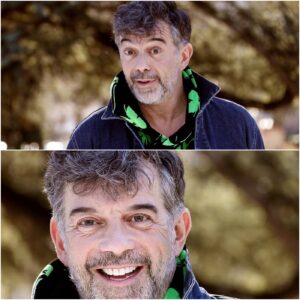
Le 18 février dernier, Stéphane Plaza a été condamné à un an de prison avec sursis pour violences conjugales. Jeudi 6 mars, l’agent…

Samuel Le Bihan est irrésistible en avocat atypique dans cette nouvelle comédie judiciaire réjouissante de TF1 à découvrir sur la chaîne à partir…

Le vendredi 14 mars 2025 marque un moment décisif dans la carrière musicale d’Elena Baayli, une artiste belge de seulement 22 ans, qui…

Dans le dernier épisode de Star Academy 2024, diffusé sur TF1, les téléspectateurs ont eu l’opportunité de découvrir un moment aussi étonnant qu’émouvant,…
